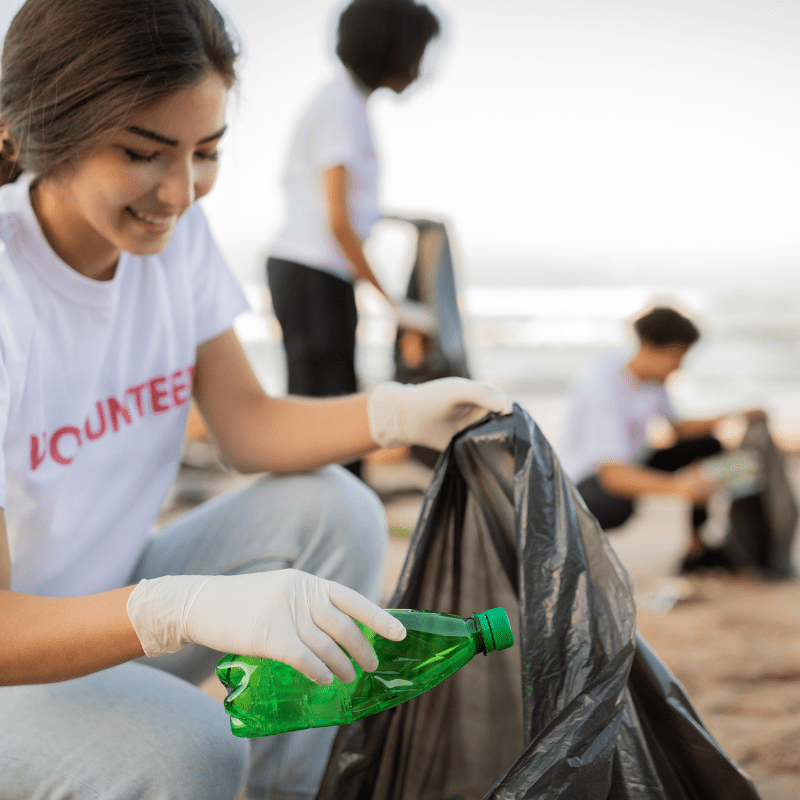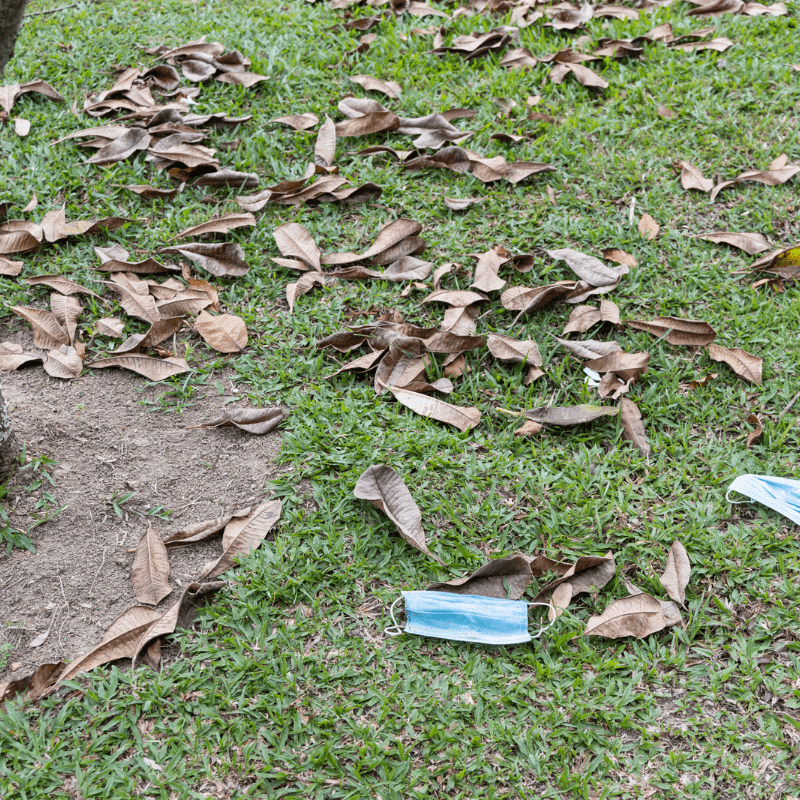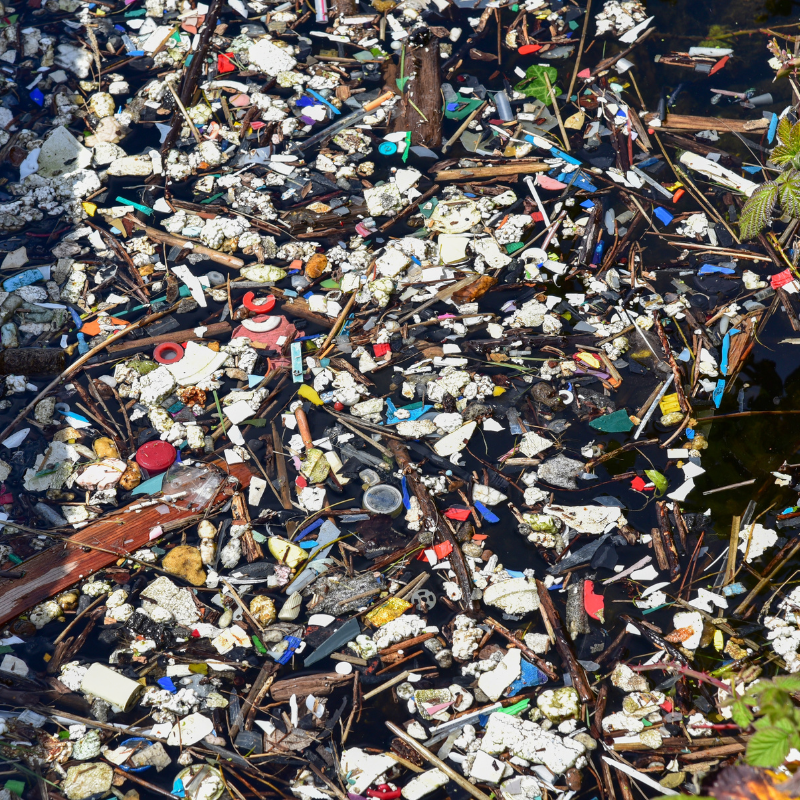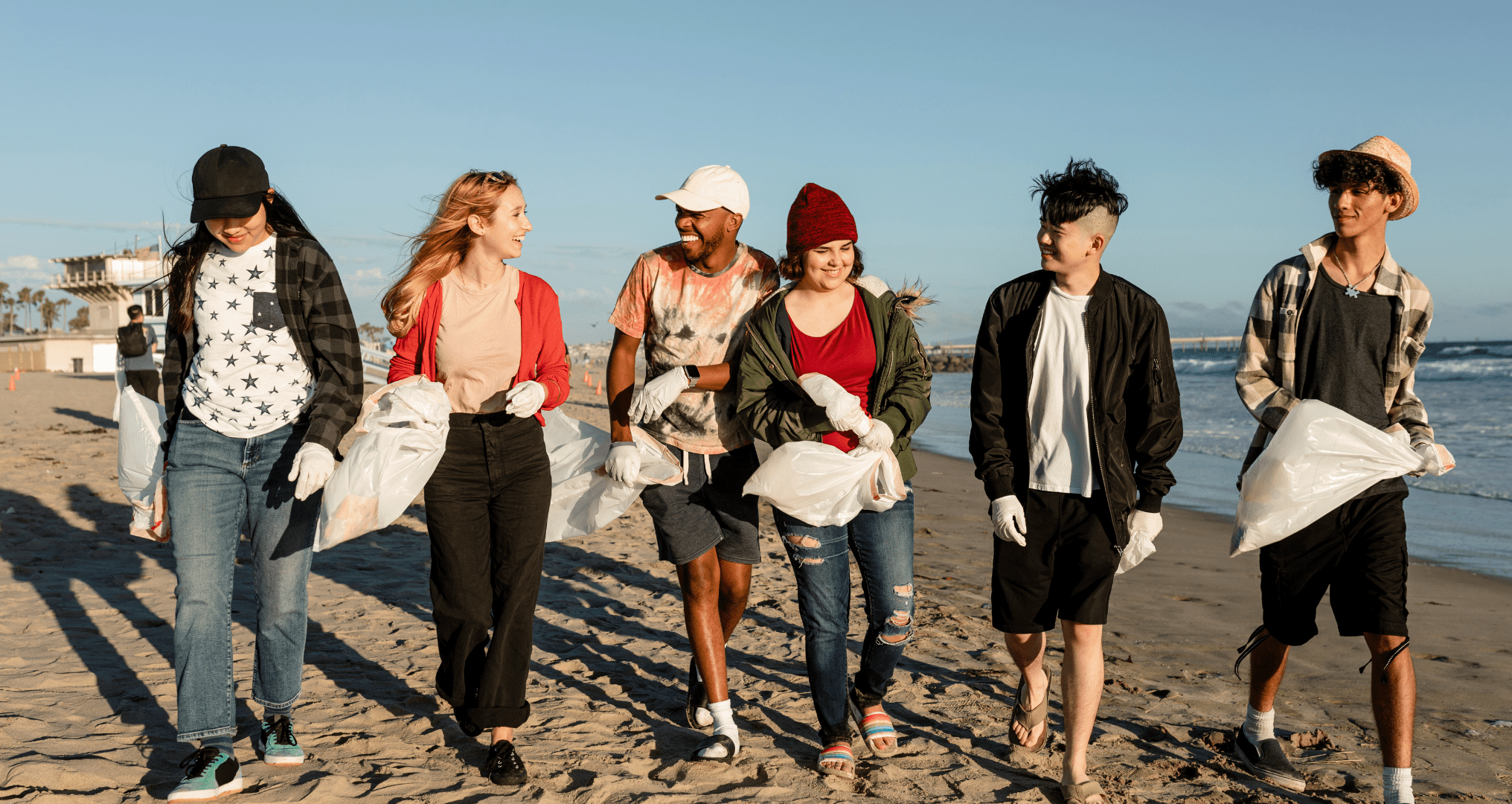Plastic pollution has been a growing concern globally for decades now. With more than 8 million tons of plastic being dumped into our oceans each year, it’s no wonder that many organizations have taken a stand against it. Many communities and individuals are also now realizing the role they can play in preventing plastic pollution. In this blog post, Bottleless Nation introduces you to five organizations around the world that are taking incredible measures to protect our planet from plastic pollution.
The Ocean Cleanup®
Started in 2013 by a young Dutch inventor, Boyan Slat, this organization is aimed at cleaning up the Great Pacific Garbage Patch. This is a patch of plastic waste spanning 1.6 million square kilometers in the Pacific Ocean. The Ocean Cleanup® uses a system of floating barriers to capture the plastic and bring it back to shore for proper disposal. The organization has also developed technology to recycle the plastic collected from the Great Pacific Garbage Patch. They are always expanding and adding new devices to their floating cleanup crew, so make sure you follow them to stay up to date on the latest from the Pacific Ocean!
Plastic Bank®
Located in Canada, the Plastic Bank has initiated a program to buy plastic waste from people in poor communities to encourage the reduction of plastic pollution. The collected plastic waste is then recycled to form a currency that can be used by the communities for goods and services. This unique program has brought about a significant reduction in plastic waste in these poor communities. They also advise companies in local seaside communities on how they can join the fight against plastic.
Greenpeace
It’s no surprise that Greenpeace is also on this list. Greenpeace is a non-profit organization that has been a leader in the fight against plastic pollution. Working with different governments, they are pushing for a ban on single-use plastics that are not properly disposed of. They also advocate for better recycling techniques as well as alternatives to plastic that are more sustainable.
Parley for the Oceans
Based in New York, Parley is a global collaboration network aimed at combating plastic pollution. They work with organizations and companies in different parts of the world, using innovative strategies to reduce plastic pollution. For instance, they work with Adidas, among other companies, to convert plastic waste to materials used for making shoes and other clothing items. Parley is focused on the reuse of plastics in more sustainable ways, and you can find many of their products and initiatives on their website.
4Oceans
4Oceans is a community-driven organization that focuses on removing waste from the oceans and coastlines around the world. The organization sells bracelets made from recycled materials, with profits going towards their cleanup efforts. They also organize beach clean-up events around the world, with over 12 million pounds of waste removed so far. The bracelets this company makes are made from 100% recovered ocean plastic cord and 100% recycled stainless steel. To further their impact on the world, 4Oceans manufactures their bracelets in Bali, providing work and economic tributes to a segment of our globe that’s heavily impacted by plastic pollution.

The Journey of Plastic Pollution to Our Oceans
While discussions about plastic pollution often focus on the obvious places like landfills or litter-strewn streets, the sad reality is that a substantial amount of this waste ends up in our oceans. Understanding how plastic travels from seemingly benign settings like our workplaces to the ocean can be an eye-opener, prompting us to take immediate and effective action.
How Does Plastic Reach the Oceans?
Stormwater Runoff
One of the most common pathways for plastics to reach the ocean is through stormwater runoff. When it rains, water flows over parking lots, streets, and sidewalks, picking up littered plastics along the way. These end up in storm drains that often lead directly to rivers and eventually the ocean.

Littering
Discarded plastic items on beaches or near water bodies often get carried away by winds or tides directly into the sea. The problem is not limited to coastal regions; riversides and lakeshores can also be starting points for plastic journeys that culminate in the ocean.
River Systems
Rivers act as arteries that connect the land to the ocean. Litter dropped miles away from the coast can end up in small streams and rivers, where it gets carried downstream to larger bodies of water and, ultimately, the ocean.
Illegal Dumping
In some cases, industrial processes and illegal dumping directly release plastic waste into water bodies, bypassing any intermediary steps. This adds an enormous burden of plastic pollution to our oceans.
Maritime Activities
Fishing gear, cargo residues, and waste from boats and ships can contribute to oceanic plastic pollution. Once these plastics are in the open sea, they are incredibly difficult to recover.

Microplastics
These are tiny plastic particles that are either manufactured small (like in personal care products) or broken down from larger items. Due to their size, they can easily slip through water treatment plants and enter rivers and oceans, affecting even the smallest forms of marine life.
The Global Impact
The cumulative effect of all these pathways is devastating. Once discarded, plastics can take hundreds of years to decompose, causing long-term damage. They entangle marine animals, are ingested by creatures both big and small, and disrupt delicate ecosystems. Some recent studies have even found that most seabirds and 100% of our planet’s sea turtles have plastic in their stomachs. You may not directly feel that impact, but other ecosystems around the world are and will.
Why Your Workplace Matters
You might be wondering what your office’s plastic bottle usage has to do with this global catastrophe. The answer is more than you think. The culture of convenience that promotes the use of single-use plastic items in workplaces contributes to the overall problem. By fostering a work environment that prioritizes sustainability—such as switching to bottleless water coolers—you are playing a part in reducing the amount of plastic that could potentially end up in our oceans.
In the journey toward environmental responsibility, every effort counts. Let’s stop plastic pollution at its source before it starts its destructive path to our oceans. Join us at Bottleless Nation in advocating for smarter, more sustainable choices that protect both our health and our planet.


